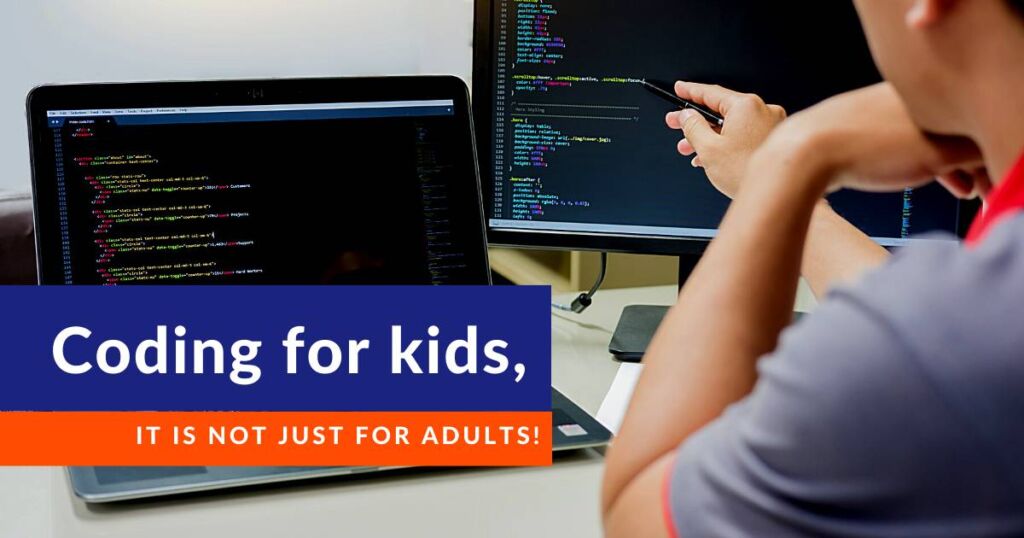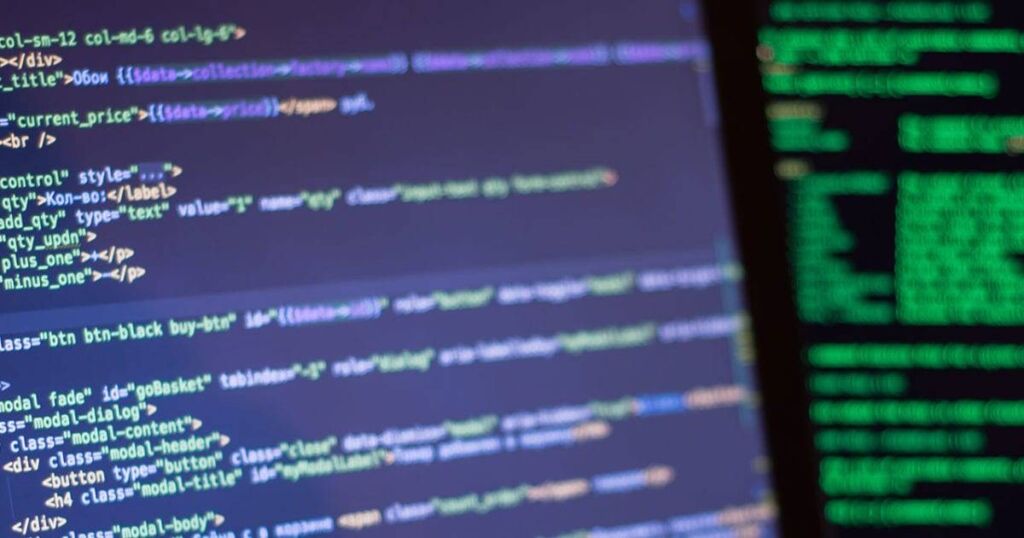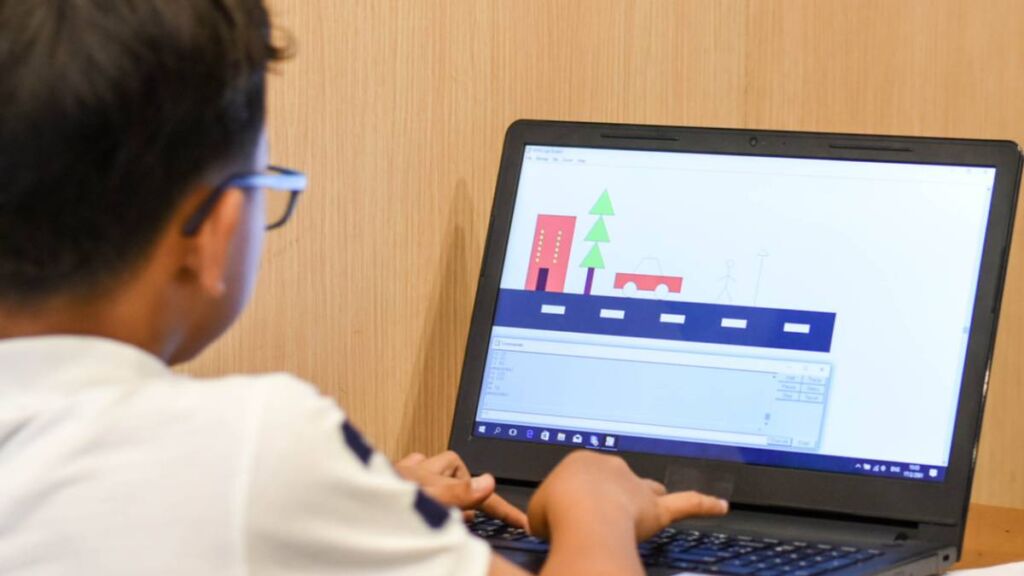Until a few years ago, coding was a specialized skill exclusive to grownup software engineers. I am one such software engineer, and when I first heard that 6-year-olds are programming, I brushed it off, saying, “Not possible”. But I was proven wrong.
I was seriously surprised when I witnessed 6-year-old kids writing proper code and understanding variables, loops, sequences, and functions. And then, with some time, I really could internalize that it is no big deal that kids could code because coding was always just imbibed in plain logic and mathematics.
A simple introduction to a variable to a kid goes something like this:
Instructor: What did you eat for breakfast?
Student: Omelette
Instructor: Just like how human-beings remember through their memory, for the computer to remember something the computer must use its memory.
Instructor: A variable is like a rectangular space in computer’s memory that the computer uses to write down something that it wants to remember for a later period.
Student: Got it! If we want the computer to remember something, then we use variables.
So, when we teach kids programming, it is all about customizing and using the best analogy that resembles the logic of what is happening behind the scenes. In this example, even when the kid grows up and learns more about scope and memory, and data types, this explanation is still valid.
So, students of all ages across the world are going crazy about coding. Literally, coding is the new currency for literacy. When I look back at things, I do think this is not all as crazy as it sounds. When I first learned programming in C, I was 17 years old. Yes, I had more training in mathematics than the average 6-year-old learning coding now. But, when you look at topics around logic, syntax, mathematics, it is all something that you acquire slowly in coding irrespective of your exposure to mathematics. Yes, higher exposure to mathematics helps, but one doesn’t need to learn stuff in mathematics first and then use it in coding. It can be applied vice-versa too. Kids can learn to apply in coding the rules of mathematics, see the results by themselves, and then internalize their learning in mathematics. The point is: just because we software engineers did things a certain way 15-20 years back doesn’t mean that is the only way to learn to code.
Achieving optimal e-learning, learning online in an efficient and effective manner, will become a crucial point of differentiation in the future for educational institutions. While many institutions provide online learning, and there is no doubt that students too will continue to demand for online learning for its convenience and effectiveness, achieving e-learning success like a pro will need some practice and understanding of the landscape and its tools and techniques.
Over this experience of teaching coding to thousands of kids at UnicMinds, I am genuinely convinced that coding is not being pushed on kids at a young age. We’ve achieved something remarkable by breaking the barrier that only grownups with significant mathematics exposure can learn to code. Coding can be learned and applied by kids. A substantial change also led to how we program today compared to 10-20 years ago. Earlier, many programming languages were terminal-based, complex syntax oriented, and needed a significant understanding of the platform. Today, with the advent of simpler programming languages like Python and block-based coding, children can learn crucial logic-based programming by leaving the heavy-duty not so immediately relevant stuff such as syntax. This is like learning coding in a much simpler and more optimized way than how people used to learn 20 years back. This is also one of the reasons why kids today can do stuff that only and only grownups used to do in their 20s a few years back.
Therefore, let’s not doubt this revolution anymore and let our kids freely learn and be highly literate in the process of building stuff via software and hardware. Because there are not many things in this world that give a person as much happiness and satisfaction as building things that make something better, it allows the wonder in the kid to be nurtured and brought to reality. It will enable kids to learn much more about “how things work” and be a part of the design and development of building things from a young age.
I hope this is useful, thank you.
You may like to learn – introducing Python to kids, teaching game development to kids, and coding competitions for kids.




